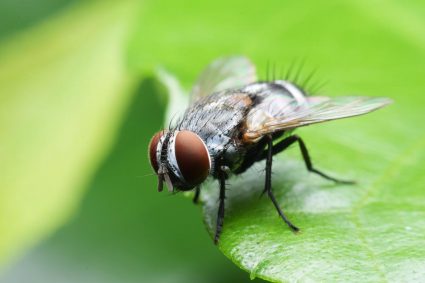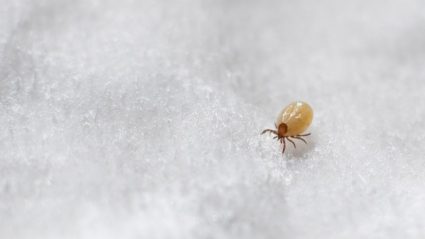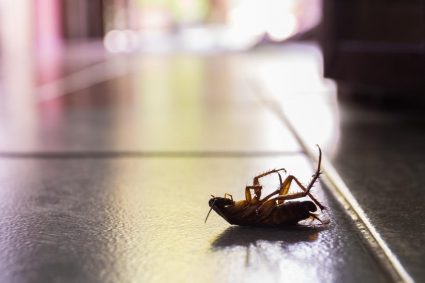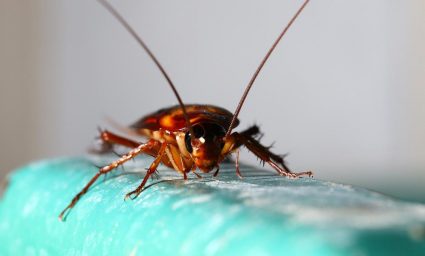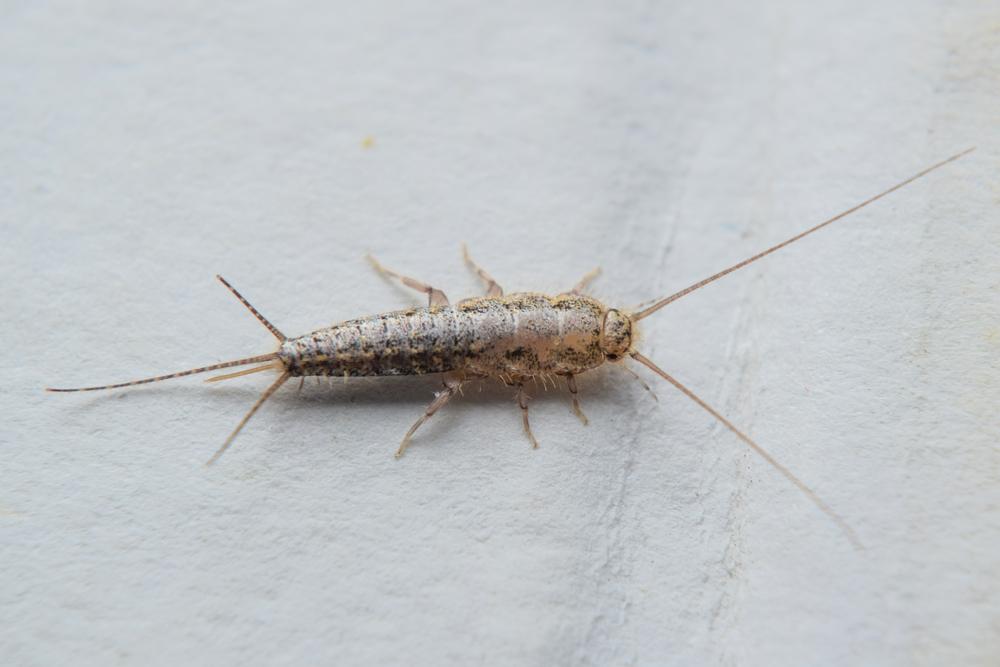
Silverfish are nocturnal insects known for their quick, fish-like movements and silver-grey color. But why do these creatures come out at night? Understanding their nocturnal behavior can help us prevent and manage infestations in the home effectively.
Silverfish come out at night because they are nocturnal creatures. They use the cover of darkness to seek food and water without being detected. This behavior allows them to avoid predators, including humans, and to thrive in dark, damp environments.
What Are Silverfish?
Silverfish (order Zygentoma) are small, wingless insects typically 13–25 mm (0.5–1.0 in) long. They have a silver sheen, flattened, carrot-shaped bodies, long antennae, and three noticeable tails on the rear. Silverfish are known for their elusive nature and fondness for dark, damp environments. They are often found in residential buildings, particularly in basements, bathrooms, kitchens, and attics.
Why Do Silverfish Come Out at Night?
Silverfish are nocturnal creatures, meaning they are active during the night and hide in dark, secluded places during the day. They come out at night to seek food and water, with a diet consisting of dry food such as cereals, flour, pasta, and pet food, as well as paper with glue or paste. Their nocturnal behavior helps them go unnoticed, allowing their populations to multiply without detection.
Silverfish and Their Nocturnal Habits
Silverfish’s nocturnal habits play a significant role in their survival and propagation. By being active at night, they can avoid predators and remain hidden from humans, making infestations difficult to detect. Their preference for high humidity and warm temperatures is related to their need for moisture to survive and reproduce.
Silverfish Interactions with Humans and Pets
Although silverfish are not harmful to humans or pets, they can cause damage to belongings and contaminate pet food. They do not bite, sting, or carry pathogens, but their nighttime activities can lead to various problems, such as damage to books, clothing, carpets, wallpaper, photos, and plaster.
Signs of a Silverfish Infestation
If you notice damage to your books, clothing, or wallpaper, or if you find small, pepper-like feces or yellow stains, these could be signs of a silverfish infestation.
Controlling and Preventing Silverfish Infestations
To control or prevent a silverfish infestation, it is essential to maintain cleanliness, control humidity, seal cracks and crevices, use traps, apply natural repellents, store food properly, and eliminate potential hiding spots. If the infestation is severe, consider using pesticides containing liquid pyrethrin or boric acid or consult a professional pest control service.
In conclusion, silverfish come out at night to seek food and water, and to avoid detection. By understanding their behavior and preferred conditions, we can prevent and control silverfish infestations in our homes.
Frequently Asked Questions
What is the lifespan of a silverfish?
Silverfish can live for a long time compared to most insects. They can survive from 2 to 8 years, depending on their environment and availability of food.
Can silverfish cause any health problems?
No, silverfish are not known to cause any health problems for humans. They do not bite, sting, or carry diseases. However, some people might be allergic to silverfish. This is not common, but it can happen.
Are silverfish attracted to light?
No, silverfish are not attracted to light. In fact, they prefer dark, damp environments. This is why they are more active at night and tend to hide in secluded places during the day.
What are the natural predators of silverfish?
Silverfish have several natural predators, including spiders, centipedes, earwigs, and some types of beetles.
Do silverfish die in cold weather?
Silverfish prefer warm and humid environments, but they can survive in cold weather. They are resilient insects that can adapt to various conditions. However, extreme cold or dry conditions can be harmful to them.

